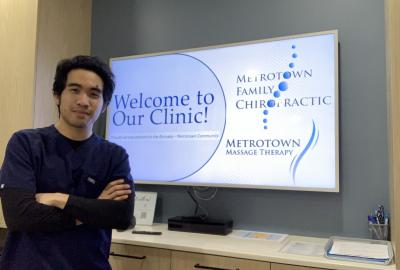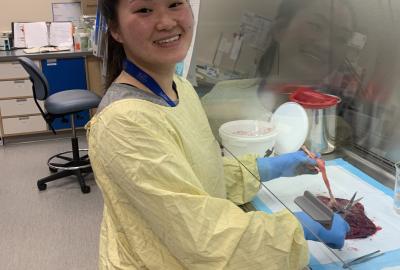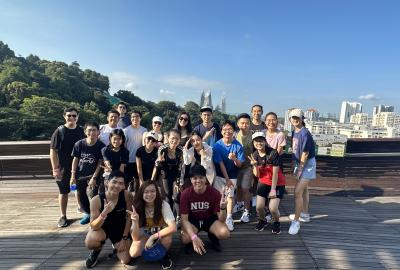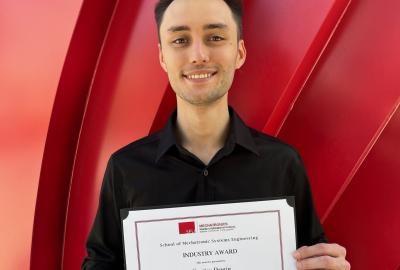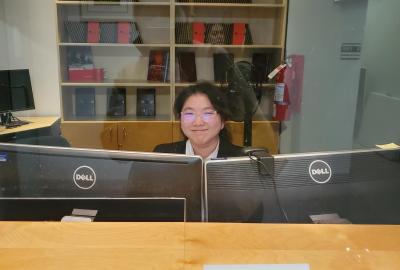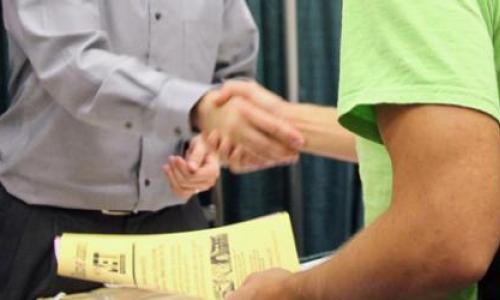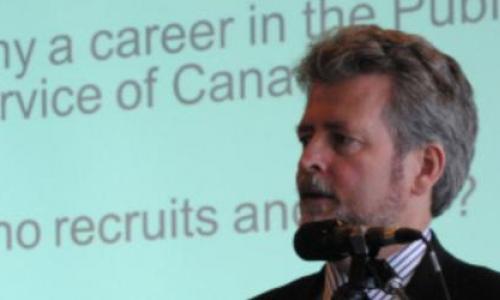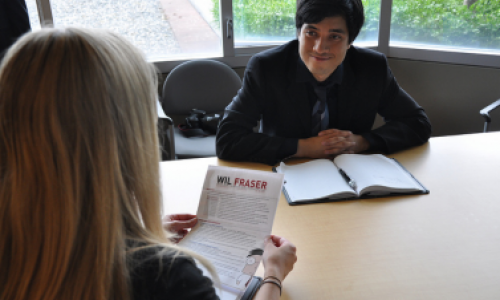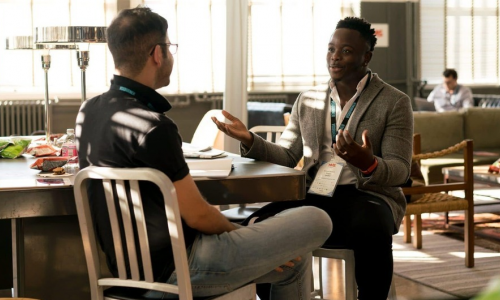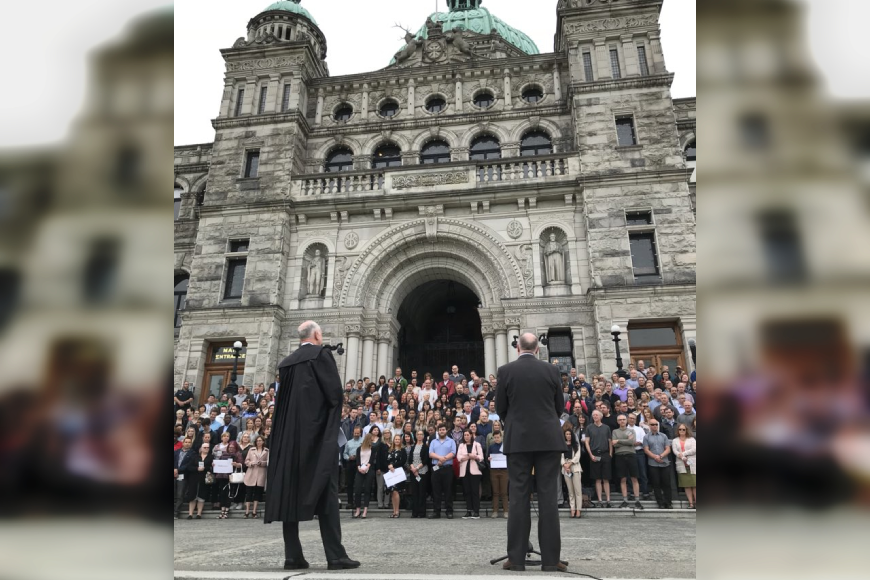
Whether you are a novice or veteran interviewee, showing up for that job interview can be intimidating. Here are some tips to help you not only survive it but to excel when interviewing for the BC Public Service!
1. Prepare
Find out everything you can about the organization and the specific position. The better you understand the position and the employer's needs the more effectively you can show how you will benefit their organization. Also, the more you know about the organization, the more informed you will be to determine whether or not this is a good match for both the employer and for you.
Read the posting and job description thoroughly. This is a great starting point for gathering information about the position but, mostly, about the employer. It will often tell you some of the employer's major concerns and priorities.
Practice responses to interview questions. Don't try to memorize them being yourself is essential to interview success. Responses need to feel and sound natural. To give an outstanding interview, you need to know the answers to three critical questions:
- Why do I want this job?
- What do I have to offer?
- What else do I need to know?
Review your experiences at work, at school and in volunteer activities to keep your accomplishments fresh in your mind.
- Keep a mental list of your accomplishments
- Think about challenges you've faced and how you dealt with them
- Remember problems you have solved
- Think of what you have learned from your mistakes
Relate your accomplishments in terms of competencies. Connect your stories to competencies listed in the job description: Basically thinking about your most powerful example to illustrate each competency.
Use the STAR Method. Prepare these examples by being ready to describe the Situation / the Task you performed and the specific Actions /steps involved/ and the Results of yours actions.
The types of questions often asked in these interviews:
- Tell me about a time when
- Describe a time when.
- Give me an example of your _____ skill.
2. Dress Well
It is better to over-dress than under-dress.
3. Be on Time.
It may be a cliche, but it's true: You only get one chance to make a first impression. Make it of someone who respects their commitments and the time of others.
4. Have a Good Handshake.
When introductions are made, shake hands with each panel member. Make it a firm and sincere handshake.
5. Eye Contact.
Making eye contact sends a message of confidence. Look at the interviewer while he/she is asking questions and when you answer. Maintaining comfortable eye contact creates a connection and helps focus your responses.
6. Have Good Posture.
Sit back in the chair, back straight, both feet on the floor with hands clasped loosely in your lap or on the table. This is an open position that conveys an impression of confidence and ease.
7. Be Aware of Your Energy Level.
Put energy in your walk and voice. Vitality sells, however, be careful not to overdo it. Be assertive, not aggressive.
8. Smile.
Try to smile naturally and often. It will help to put you and the interviewers at ease.
9. Listen Carefully and Take Notes.
Take your time a concise logical answer that covers relevant factors is more effective than one that rambles. Be certain you have heard and understood the question. Asking for clarification is acceptable. Answer the question that has been asked you don't have to give all the answers you have practiced.
10. Be Specific.
Present specific examples of your achievements and strengths. Remember to set the context for each example you want to be sure your interviewer is clear on what your role was in each example presented. Focus on what value you can add to the organization. Don't be afraid to use the word I in place of we.
11. Ask Questions.
At the end of the interview, you will most likely be asked if you have any questions. So be prepared! Be ready with a minimum of 3 solid questions that reflect your knowledge of the organization, its business and/or its clients. Remember: Curiosity indicates interest. Questions focused on strategic direction, linkages between branches/divisions or challenges faced by the organization in the last year are all indicative of someone who has a genuine interest in how the organization works and what they could contribute to it.
And, lastly, please keep this important point in mind: We want you to do well. That person sitting across from you in your interview is rooting for you and wants you to be the candidate they just cannot do without.
Beyond the Blog
-
Consider the BC Public Services professional values before heading off to that interview to learn what defines their organization.
-
Visit your Co-op Coordinator or check out the Student Page on our Employment Opportunities site at employment.gov.bc.ca.



